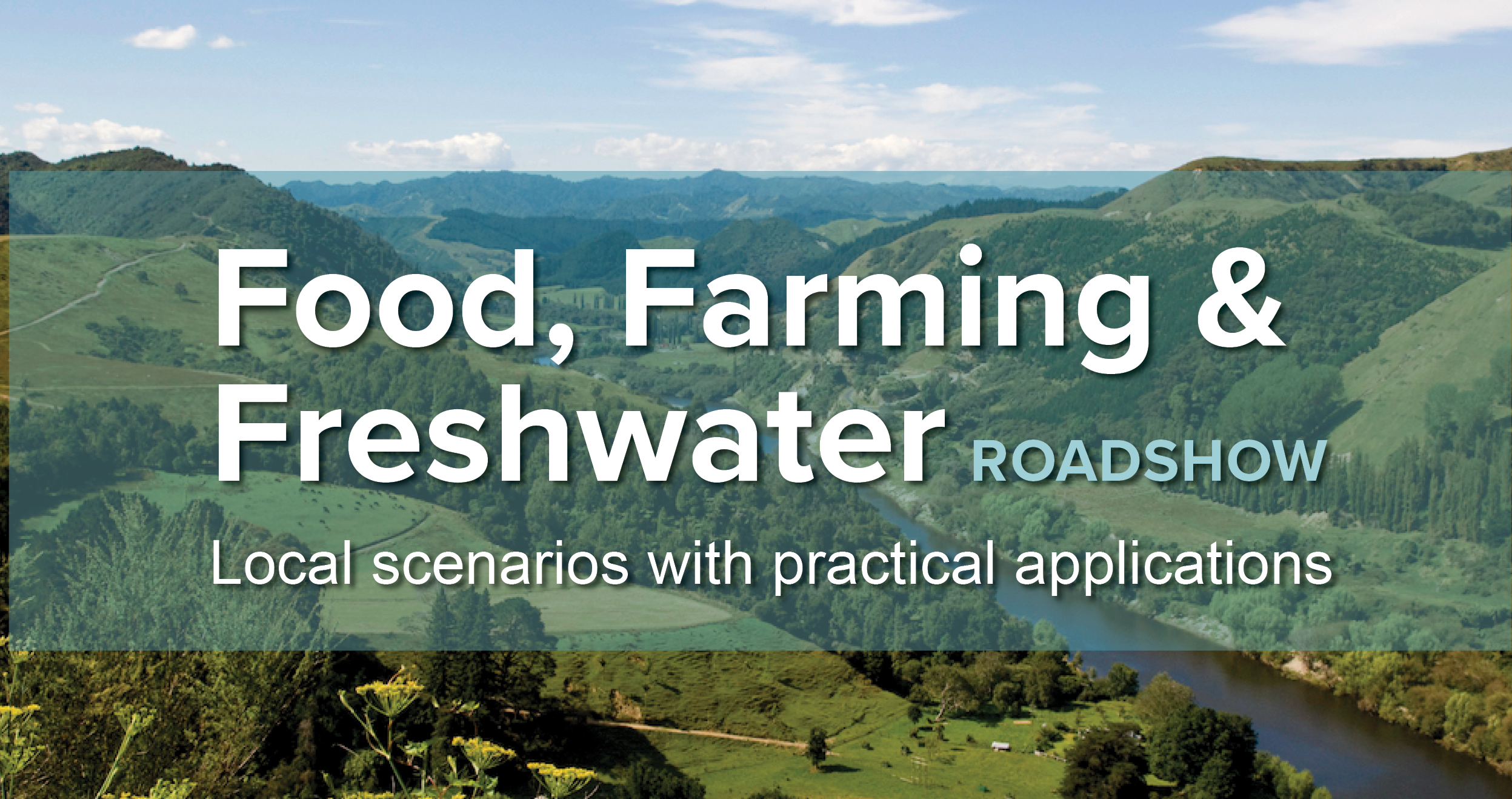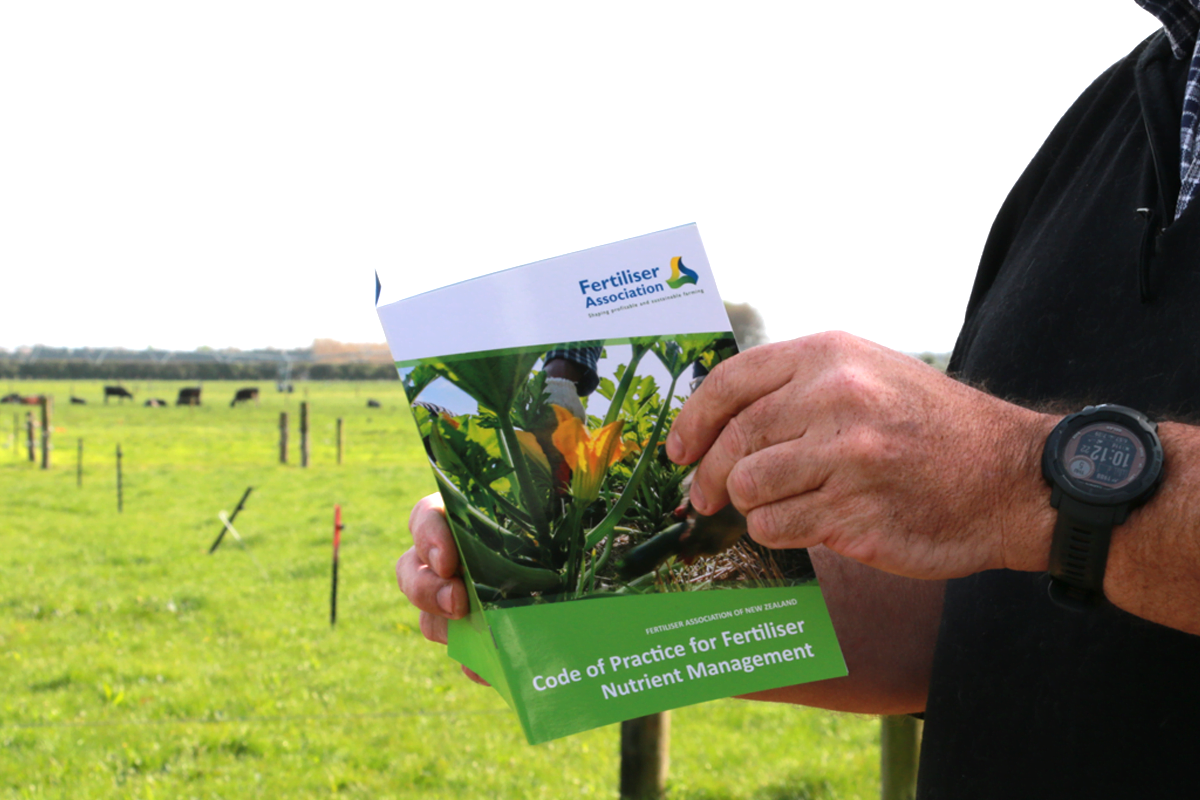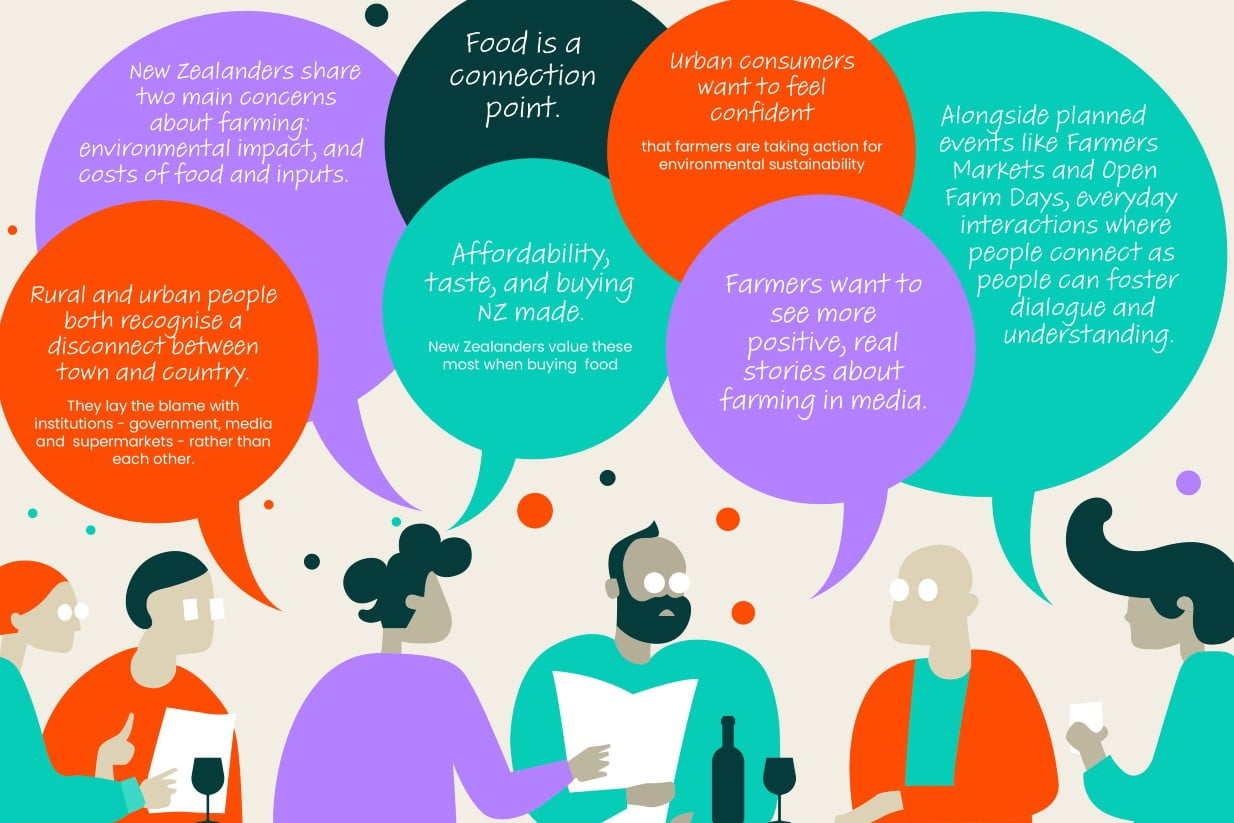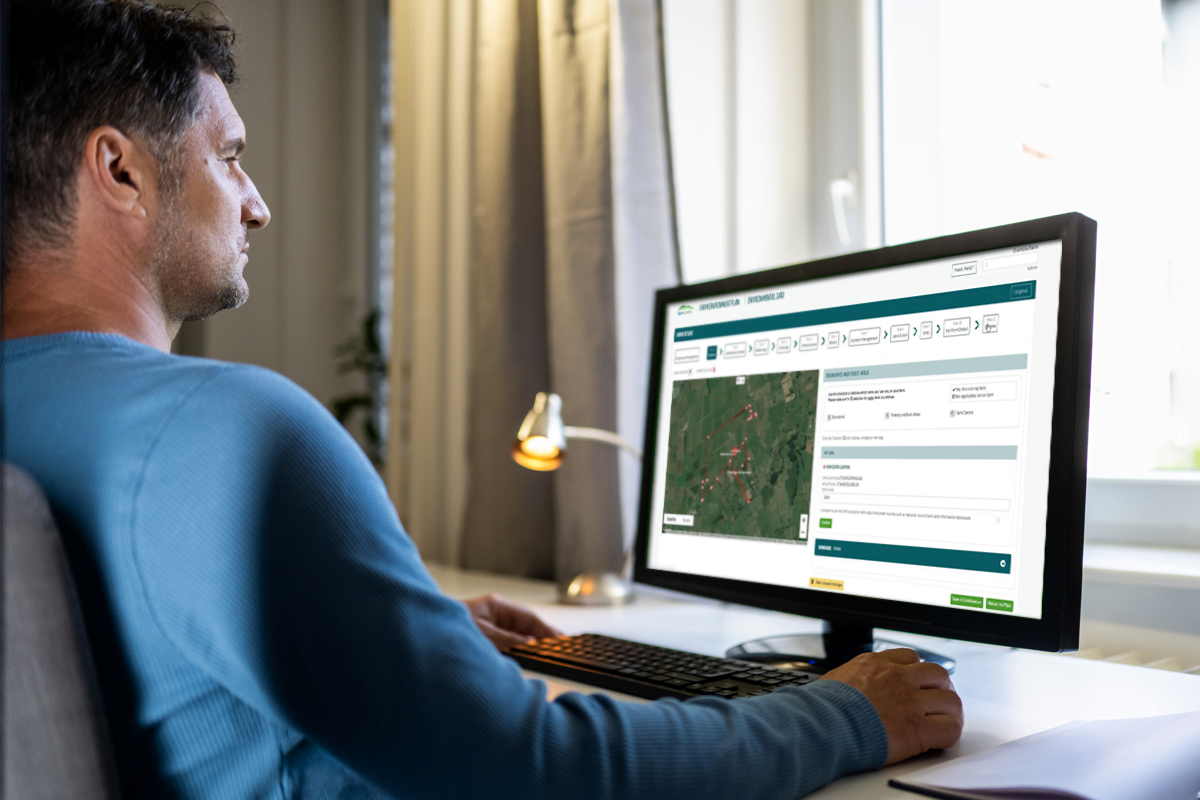Clear Targets or Continuous Improvement?
Should catchment groups have specific targets or a general goal of continual improvement? Farming leaders and tangata whenua from four catchments participating in the New Models of Collective Responsibility programme considered this at a recent hui, concluding it is important for groups to have long-term goals with interim targets, while retaining the ethic of continuous improvement.
“Would you tell me, please, which way I ought to go from here?” asked Alice.
“That depends a good deal on where you want to get to,” said the Cat.
“I don’t much care where–” said Alice.
“Then it doesn’t matter which way you go,” said the Cat.
“–so long as I get SOMEWHERE,” Alice added as an explanation.
“Oh, you’re sure to do that,” said the Cat, “if you only walk long enough.”
Should catchment groups have specific targets, so they can measure progress and know when they’ve achieved their goals? Or is it better for a group to have a general goal of improvement but not worry too much about where they’ll actually end up, knowing things will change anyway? We discussed this question at the July 2022 meeting of our catchment forum, which brings together farming leaders and tangata whenua from four catchments around Aotearoa New Zealand.
The argument for clear objectives
As the Cheshire Cat told Alice, if you don’t have clear objectives, any road will do. Put another way, you need to know what the problem is before you can fix it. This reminds us of “management by objective”: the idea that managers should make clear what they expect their staff to achieve, then allow them to figure out how to achieve that objective.
For catchment groups working to improve freshwater health, this approach suggests that groups should start with the values the community wants to protect and the community’s objectives for those values. Groups can then identify appropriate actions to address the issues affecting those values.
Having a clear endpoint enables planning with milestones and assessment of progress over time, indicating whether stepped-up action is needed. One member of our catchment forum commented, “Most farmers can work their way through regulation if they understand the timeline and the milestones … [if they] agree on those milestones with the regulator.”
“Everyone likes being able to tick things off and get a bit of praise for it, so I think that's probably quite important”
— Catchment forum participant, July 2022
Arguments for continuous improvement
However, our research suggests that most groups don’t have specific, measurable objectives. They seem to operate by identifying something they can do now, with an intention to keep improving over time.
A lot of things change over time: changing social values lead to policy changes (the goalposts shift) and there are broader issues around climate change, consumer preferences and global markets. Changes to any one of these could require adjustments to farming systems. A group that designs an action plan to achieve a specific objective is likely to find that the plan needs re-writing before the goal is achieved.
What’s more, freshwater ecology is complex, and planning and implementing new measures takes time. So, the argument goes, we should just work with the willing and start with actions that we think will move the indicators in the right direction.
Catchment groups see themselves as a place for dialogue and learning on what is needed. It’s about continual improvement, testing new ideas, and building relationships, as opposed to a detailed 20-year roadmap leading to the work being “finished” at some future date.
“We don’t get to a certain level and then say, ‘Now we’re there, we’ll stop.’ You're always looking to improve in different areas.”
— Catchment forum participant, July 2022
Marking achievements is still important
A forum member reflected the desire for clear goals, while endorsing the idea of continuous improvement: “I suppose there is probably a frustration in general from farmers with a lot of regulation. They’ll say, ‘You need to do this,’ so you get to that level, and then it's ‘All right, now it's this and now it’s this and now it’s this,’ so there’s no clear end goal.
“I mean, it should always be continuous improvement. That’s what we do on our farms every day. We don’t get to a certain level and then say, ‘Now we’re there, we’ll stop.’ You're always looking to improve in different areas. But having those milestones where you can actually tick things off and get some feel-good factor about it, everyone likes being able to tick things off and get a bit of praise for it, so I think that's probably quite important.”
This comment reflects the idea of long-term goals with interim targets, while retaining the ethic of continuous improvement.
Relationships, both within and beyond catchment groups, are also central to what groups aim to achieve. By working together to formulate an action plan – with targets and measurable indicators – landowners and tangata whenua can forge a stronger bond. The agreed plan becomes a tangible representation of shared values and commitment.
Equally important, working together on a plan provides an opportunity for various parties to discuss the wider complexities they all face. Ultimately this can transform the way people think about their place in the world, building a sense of collective purpose and responsibility. As another of our forum members said, we should be asking: “What is my relationship to the river and what is the impact of our considerations on the mana of the river?”
“What is my relationship to the river and what is the impact of our considerations on the mana of the river?”
— Catchment forum participant, July 2022
Catchment work is never done
Goals can be aspirational and values-based (such as healthy fish, safe swimming) – these are the things we really care about. Interim targets and measurable indicators can help catchment groups and individuals focus on achievable actions – things they can do now that can be shown to be working. The success of short-term activities is part of keeping everyone committed and engaged.
None of this means that the job is done when the targets are reached. When that happens, it is time to celebrate success, reassess progress toward the higher goals of healthy fish, safe swimming and resilient communities, and then make a new plan that enhances our relationship with our waterways and with each other.
What do you think? Leave a comment below and join the conversation!
More information:
Author
 View Our Strategy Document 2019 – 2024
View Our Strategy Document 2019 – 2024




Leave a Reply